Apple's rumored gaming subscription could be a big change for mobile gaming
The suggestion that Apple could launch a subscription service for gaming is an interesting proposition, but is there much weight to the idea? AppleInsider examines ways the service could exist, and whether the rumors make sense at all.
A recent rumor suggested that Apple is planning to create a Netflix-style gaming subscription service. In theory, users would basically pay a monthly fee to gain access to a selection of games, most likely made up of paid titles on iOS, instead of paying the equivalent in in-app purchases for free titles.
Money is a motivator
Mobile gaming on the iPhone and iPad is already extremely profitable for developers producing popular titles, and even for Apple itself. Neil Campling of Mirabaud Securities noted that 82% of revenues from Apple's App Store come from gaming, making Apple one of the biggest gaming companies in the world, even though the company doesn't make any games itself.
If Apple doesn't make any games, where does the revenue come from? Apple takes a 30-percent cut from every digital product sold on the App store, which includes the sale of games as well as in-app purchases, like buying VBucks in the popular free-to-play game "Fortnite."
According to a report from Business Insider, Epic Games' "Fortnite" made over $455 million on just iOS devices in 2018, even though it's a free-to-play game. That revenue was made solely from in-app purchases, which ultimately means that Apple made around $136 million with its 30-percent cut.
The earnings from "Fortnite" is just a hint of how much revenue Apple is making from all games that offer in-app purchases, especially free-to-play games.
Seeing as though some of the most successful games in the App Store are free with in-app purchases, Apple needs a good reason to compete in a way where users are asked to pay regularly.
Paying to play
There are relatively few ways that games are offered as a subscription today.
First, there are the subscription services where you pay a monthly fee and you gain instant access to play a variety of games without having to purchase them. This includes the console-oriented Xbox One Pass and PlayStation Plus, as well as EA Access.
None of these offer a mobile experience, as they all rely on games being installed on a console or desktop. In fact, there isn't even a mechanism to offer subscription-based access to a collection of games on iOS at the moment, which would logically require Apple to create it from whole cloth if it wanted to go down this route.
On a per-game basis, there are some that rely on regular payments from users to provide a benefit. For mobile games, this could consist of game currency or extra items, while in some cases it could involve paying to play at all, such as with "World of Warcraft" and other major massively multiplayer online role-playing games.
Then there are more expensive cloud gaming services that allow you to do the same thing as the "game collection" subscription, except without requiring you to own a powerful console. All you need is a strong internet connection and a supported device.
Streaming services like Geforce Now are powered by powerful rendering servers in the cloud, which provides a video stream to your device over the Internet. The input by the user is sent back to the rendering farm, allowing users to play high-end game titles with something as simple as a smart TV and a compatible controller.
A couple of examples are PlayStation Now, GameFly and Nvidia GeForce Now, which we tried out for ourselves. We were able to use the GeForce Now to play the popular title "Overwatch" at over 200 frames per second using nothing but a 12" Retina MacBook. We even connected it to an LG 5K display and used a mouse and keyboard for a desktop-like gaming experience.
The big benefit is that, potential response time issues aside, it is possible to play a game with an extremely high graphical fidelity that lower-powered hardware simply cannot handle. Rather than upgrading the desktop, some users could get away with subscribing and enjoying the better picture quality at a lower cost, delaying paying for an upgrade for a while.
State of the game
The thing about Apple creating a gaming subscription service is that the hardware is already close enough to the level of a console in terms of quality. Apple's latest iPhones and iPad Pro are packing some of the most powerful mobile processors ever made.
The A12 and A12X processors are topping the charts of benchmarks and performance tests left and right, breaking multiple benchmark records while offering very impressive battery life at the same time. There's obviously no need for a powerful server to render games, but even so they are still more than capable of handling cloud-rendered gaming clients.
Apple's rumored gaming subscription service will most likely give subscribers access to a bunch of paid games on the App Store, but why would they need to do this if they're making so much revenue from "freemium" games, or free-to-play games that offer premium in-game purchases?
The App Store is flooded with so many great freemium games, there's little reason to make a one-time purchase of a paid title that most likely required a lot more investment and development. It's a lot harder for a game developer to invest a lot more time and money to create a beautiful game that takes advantage of Apple's powerful processing performance, knowing full well the free-to-play titles are more likely to get the eyeballs of potential players.
And there lies the issue: Apple's iPhone and iPad hardware is way ahead of almost all of the game titles on the App Store, but there's simply not enough incentive for a game developer or publisher to put extra money and time into a beautiful game that can really put Apple's hardware to the test.
Going down the freemium route and making a mediocre-quality game that can easily rake in tons of cash without as much investment is just too tempting a prospect for many developers.
A gaming subscription service would incentivize and encourage game developers to create more power-demanding games, which would shine a light on the iPhone's and iPad Pro's ability to really become a gaming console in its own right, a point Apple has been trying to make with its marketing for years.
On top of that, if developers are given more of an incentive to make higher-quality games, this could also impact the Apple TV. Better games on iPhone and iPad could also be played on the set-top box, which could further prompt the creation of even higher quality games that look good on the bigger screen, and possibly increasing the Apple TV's market for gaming at the same time.
Apple's rumored gaming subscription service could also incentivize free-to-play games by giving a certain amount of in-game currency every month, or offering discounts on purchases of said digital currency, but that's all up to Apple, assuming these rumors are even true.
Apple already offers Apple Music as a monthly subscription, and has been tipped to create an all-in-one subscription covering Apple Music, News, and its original video content project. There's a chance that this rumored gaming service could be included in the aforementioned all-in-one subscription.
It isn't just Apple that's supposedly exploring the idea, as rumors of a Google-equivalent gaming subscription service have recently sparked up as well. Specific code within the Google Play Store hinted at a new feature called "Play Pass," which as a name is likely to be linked to some sort of subscription service.
A Google survey has also been spotted, asking participants if the word "Pass" sufficiently described a subscription that offers hundreds of dollars worth of paid apps and games for a monthly fee.
If all of these rumors come to life, the way we buy and use apps and games on mobile devices could be changed forever.
 Vadim Yuryev
Vadim Yuryev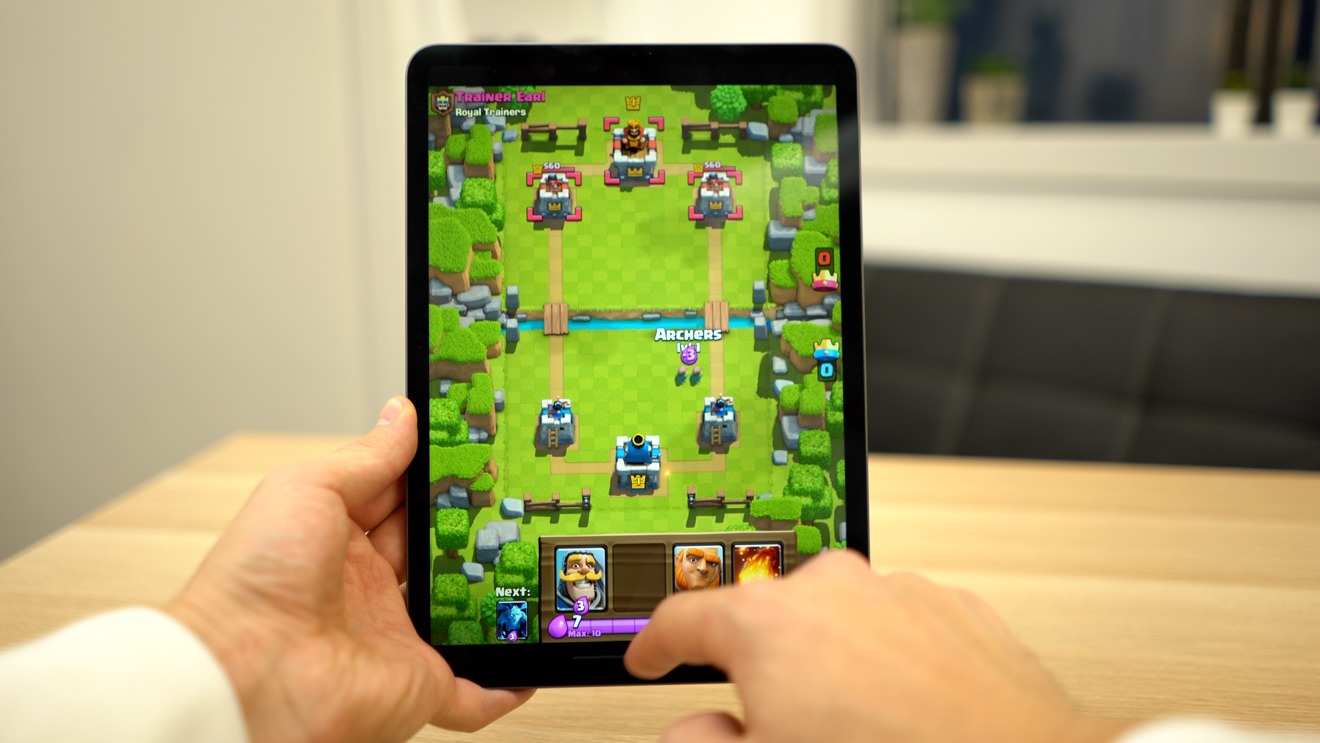

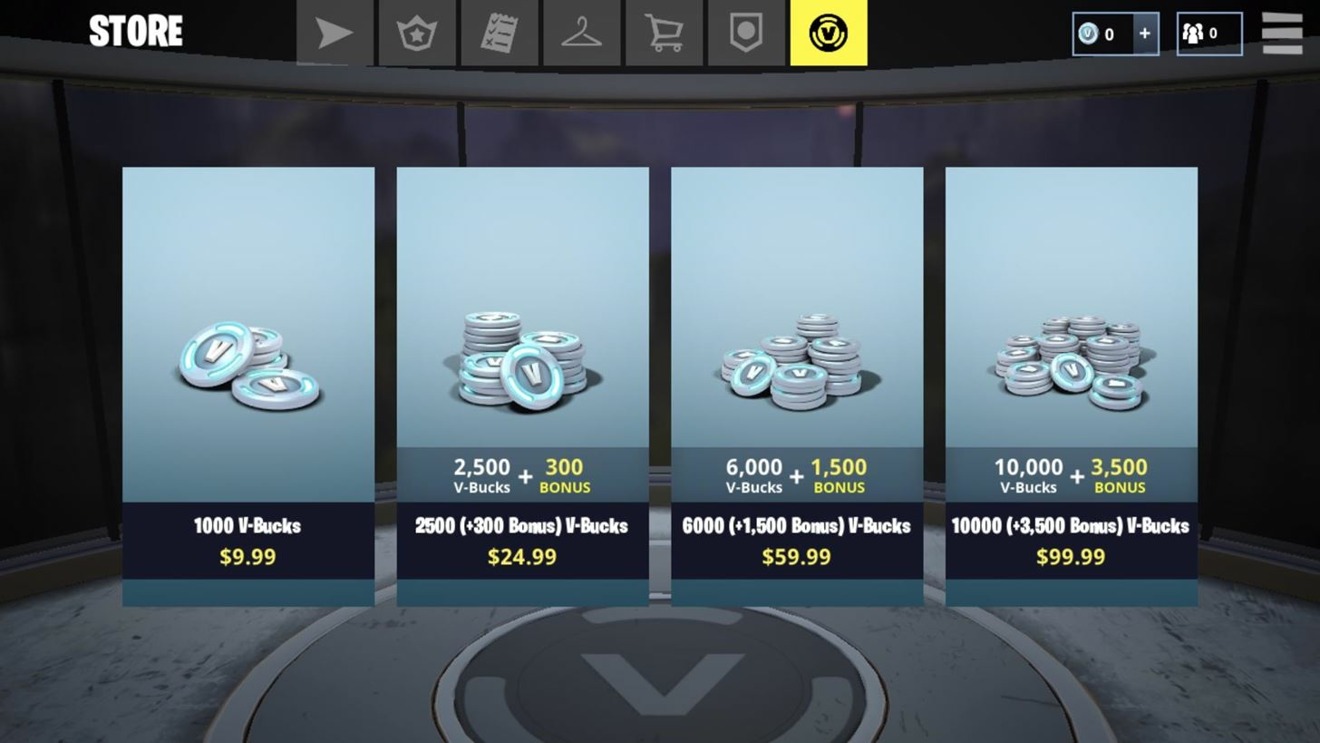
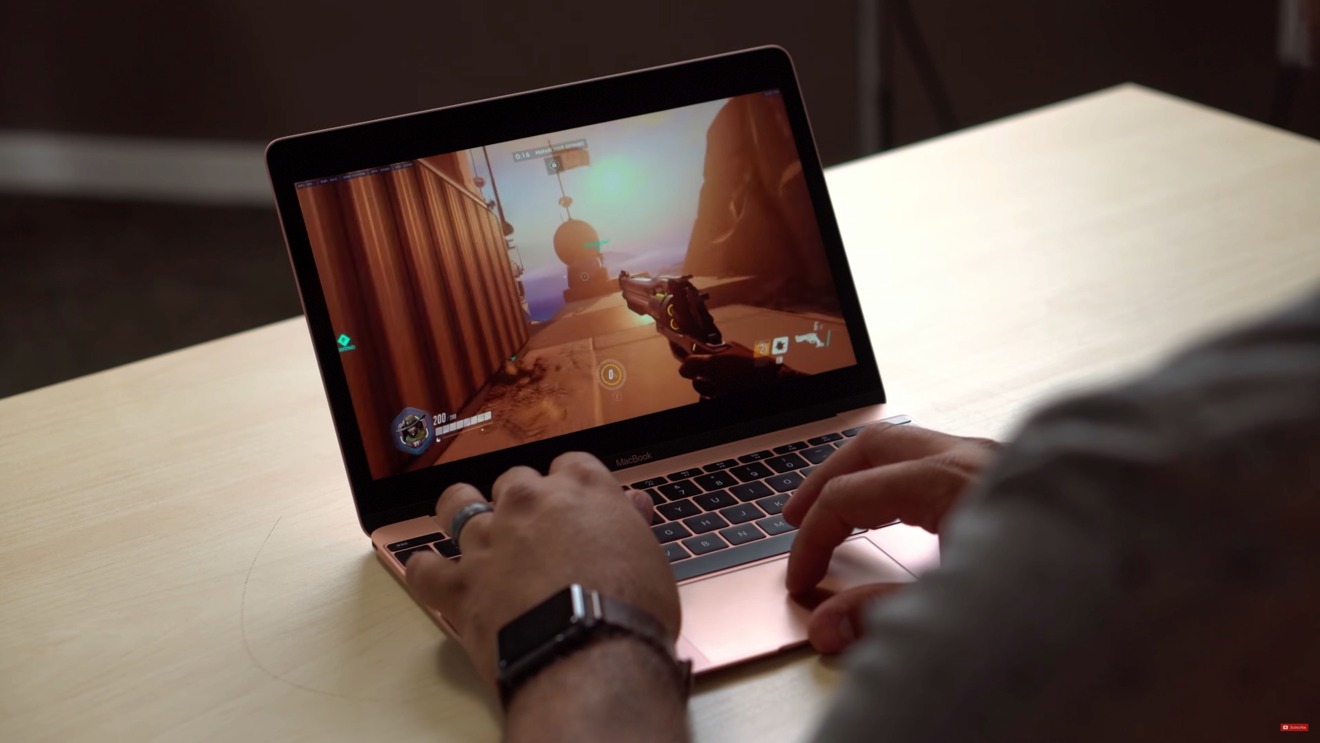
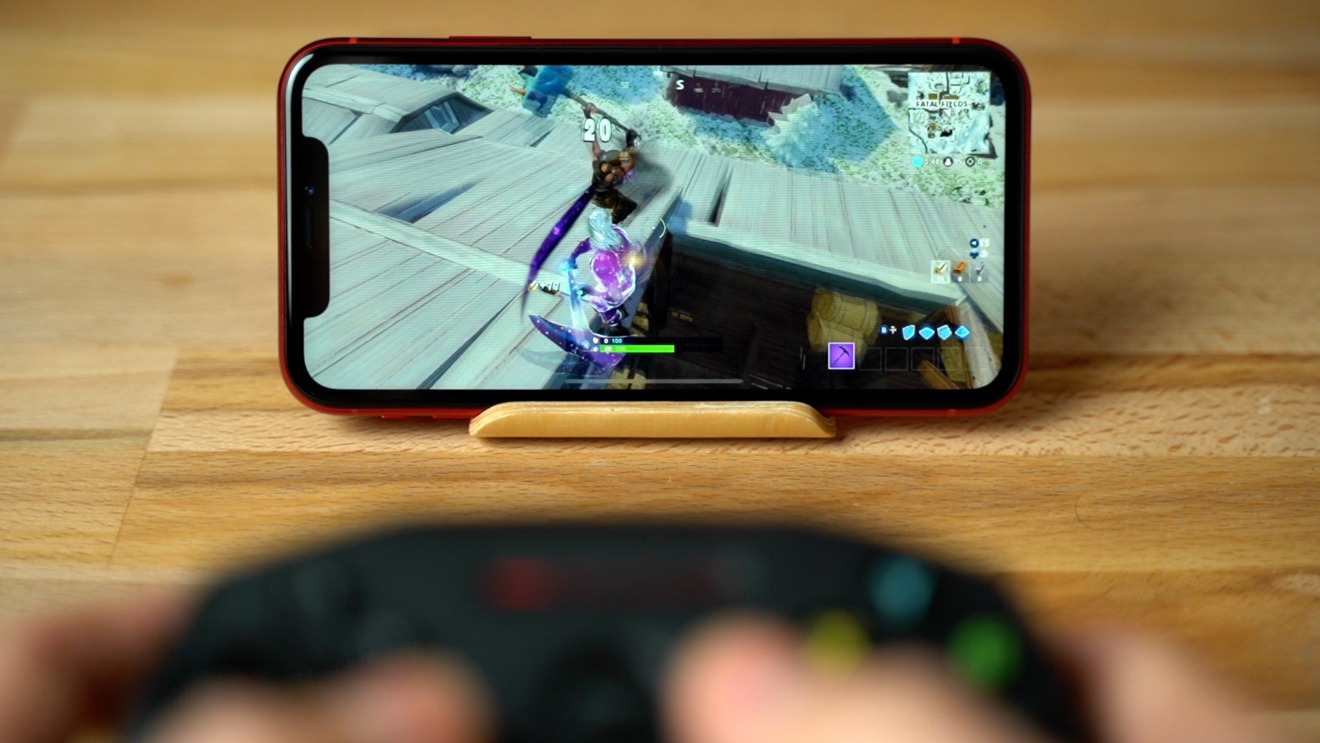
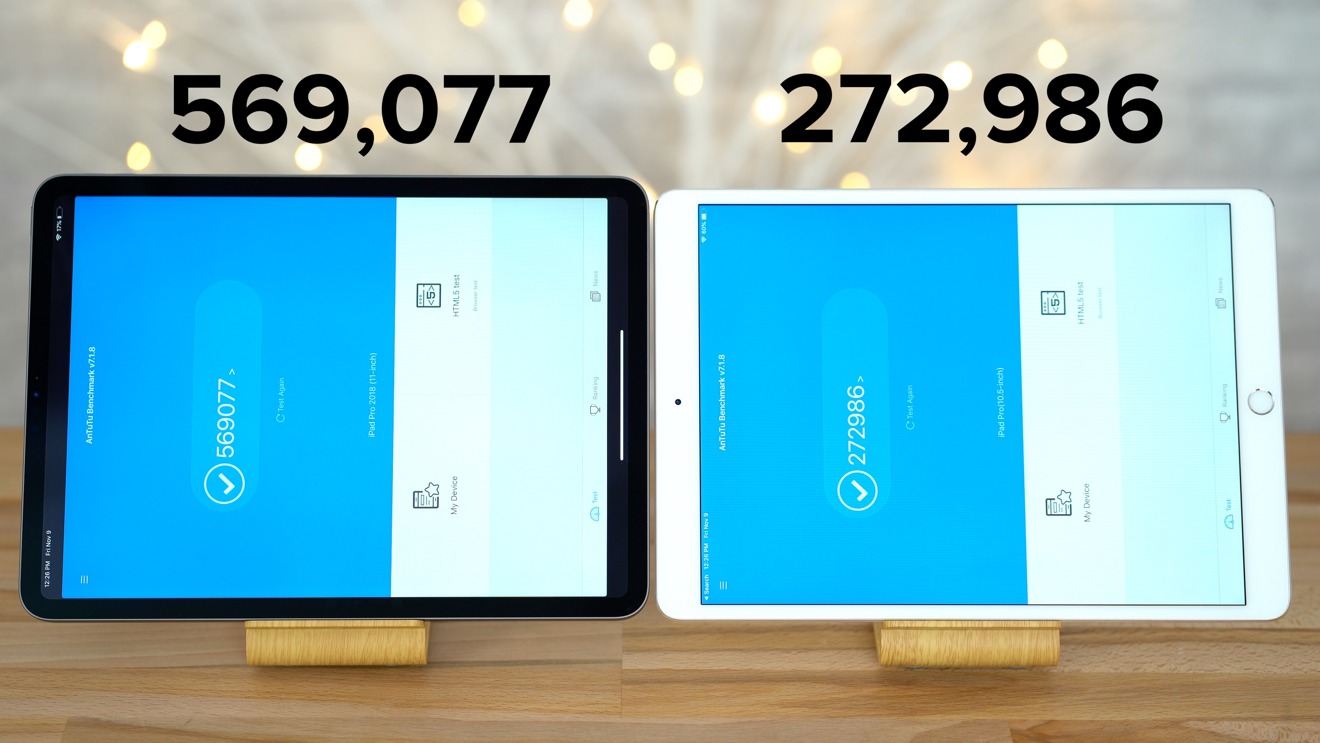















 Amber Neely
Amber Neely
 Thomas Sibilly
Thomas Sibilly
 AppleInsider Staff
AppleInsider Staff
 William Gallagher
William Gallagher
 Malcolm Owen
Malcolm Owen
 Christine McKee
Christine McKee

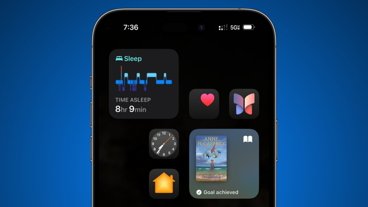

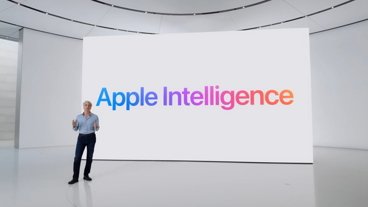






16 Comments
I'd rather they put some of that original TV money towards funding exclusive games that really take full advantage of their chips. I'm ehh on the subscription bundle, but would love, say, Apple TV 4K exclusives that really push the actively cooled A10X, or an update of that with A12X.
And if Apple did start making games in house, they'd be as vertically integrated as any console maker! OS, API, CPU, GPU, game...
Maybe someone has the statistics (other than Apple), but I suspect almost all money is earned by two or three game developers.
Honestly, I don’t think there are enough compelling games on the app store to warrant a subscription.
Apple would need to purchase a gaming company (like Nintendo) to make it work. Nothing in the App Store is good enough for a subscription. They need games that take advantage of the latest hardware.
I’ve spent a bit on mobile games, but only $3 on freemium content. The bottom line is freemium is a scam... pay to win is pointless and never ending money pit.